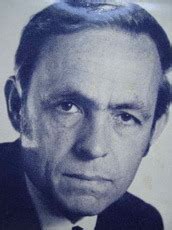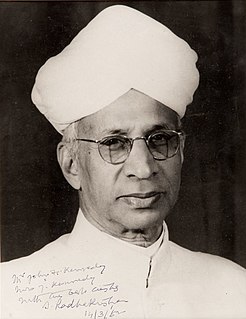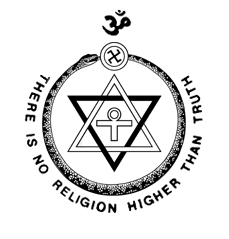A Quote by Allen W. Wood
Fichte thinks that the mutual recognition of one another as free beings belongs among the transcendental conditions of self-consciousness itself.
Related Quotes
The 'coming of the Self' is immanent; and the process of collective 'individuation' is living itself out in human history. One way or another, the world is going to be made a single whole entity. But it will be unified either in mutual mass destruction or by means of mutual human consciousness. If a sufficient number of individuals can have the experience of the coming of the Self as an individual, inner experience, we may just possibly be spared the worst features of its external manifestation.
The self (Soul) is the constant-witness consciousness. Through all months, seasons and years, through all divisions of time, the past, present and future the consciousness remains one and self luminous. It neither rises nor sets. The ultimate self is free from sin, free from old age, free from death and grief, free from hunger and thirst, which desires nothing and imagines nothing.
The student should bear in mind that the very essence of consciousness is constantly to identify itself with the Not-Self, and as constantly to re-assert itself by rejecting the Not-Self. Consciousness, in fact, consists of this alternating assertion and negation - "I am this" - "I am not this." Hence consciousness is, and causes in matter, the attracting and repelling that we call a vibration.
Consciousness-Based Education is education that is in most ways exactly like regular education, but with the added technique of Transcendental Meditation. Transcendental Meditation, or TM as it's often referred to, allows students to dive in and experience the unbounded ocean of consciousness within each of us, the big treasury, the field within each of us that is the base of all matter and all mind. It's been found that transcending and experiencing that unbounded, eternal level of life does wonders for education, and for human beings.
Confusion conditions activity, which conditions consciousness, which conditions embodied personality, which conditions sensory experiences, which conditions impact, which conditions mood, which conditions craving, which conditions clinging, which conditions becoming, which conditions birth, which conditions aging and death.
One can ask why the I has to appear in the cogito {Descartes’ argument “I think therefore I am.}, since the cogito, if used rightly, is the awareness of pure consciousness, not directed at any fact or action. In fact the I is not necessary here, since it is never united directly to consciousness. One can even imagine a pure and self-aware consciousness which thinks of itself as impersonal spontaneity.
At the deepest level, an 'open heart' is spacious presence, in which the sense of separateness between yourself and the 'other' dissolves and there is the recognition of oneness, of shared consciousness. That recognition is love. Sensing the formless essence in another and recognizing it as one with your own essence - that's what love is. All this is an intrinsic part of the awakened consciousness and the revelation of the spiritual dimension of life.
Dissident Natan Sharansky writes that there are two kinds of states - “fear societies” and “free societies.”… The two societies make up two kinds of consciousness. The consciousness derived of oppression is despairing, fatalistic, and fearful of inquiry. It is mistrustful of the self and forced to trust external authority. It is premised on a dearth of self-respect. It is cramped …
In contrast, the consciousness of freedom … is one of expansiveness, trust of the self, and hope. It is a consciousness of limitless inquiry … It builds up in a citizen a wealth of self-respect.
































